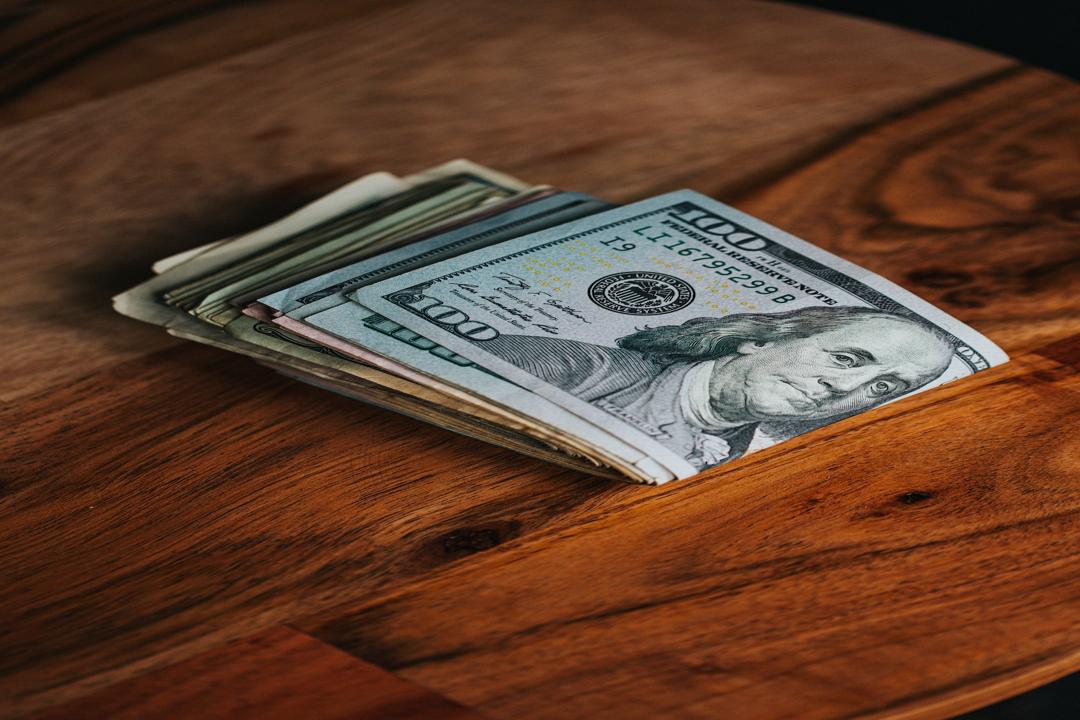Comprehensive Foreign News Report
According to comprehensive foreign media reports, the U.S.-China trade talks held in Geneva, Switzerland, concluded successfully. A press release from the U.S. government, titled U.S. Announces China Trade Deal in Geneva, announced that significant progress had been made in trade negotiations with China over the weekend.
Chinese State Council Vice Premier He Lifeng, who represented China at the talks, also stated during a press conference with China’s official media Xinhua that the discussions were candid, in-depth, and constructive, leading to important consensus. Both the U.S. and China have not disclosed more details, but the trade talks in Geneva indicate a glimmer of reconciliation regarding many trade and economic disputes between the two nations.
U.S. Treasury Secretary Announces Substantial Progress in U.S.-China Trade
U.S. Treasury Secretary Scott Bessent stated in a press release: “I am pleased to report that the two countries have made substantial progress in this very important trade negotiation. I can tell everyone that the talks were productive.”
U.S. Trade Representative Ambassador Jamieson Greer also commented: “As the Secretary pointed out, this was a very constructive two-day meeting. Importantly, the fact that we were able to reach an agreement so quickly reflects that the differences may not be as large as imagined. As long as we remember why we are here, the U.S. has a massive trade deficit of $1.2 trillion. Thus, the President declared a national emergency and imposed tariffs. We believe that the agreement we reached with China will help us address the national emergency.”
U.S. and China Break Silence of Cold War: Is Dialogue Just for Show?
Since Trump took office in January, the U.S. has unleashed a barrage of tariff trade sanctions against China, with tariffs as high as 145% on certain Chinese imports. China has also retaliated with various counter-sanctions, imposing tariffs of 125% on some U.S. goods exported to China. With China holding significant leverage with U.S. bonds and rare earth elements, it is confidently facing the confrontation. Both sides chose this moment to negotiate, yet each describes the other as the one “showing weakness.” Is the public dispute merely a matter of pride in the race for global supremacy?
Stephen Olson, a senior visiting fellow at the ISEAS-Yusof Ishak Institute in Singapore and a former U.S. trade negotiator, pointed out that neither side wants to leave the impression of retreating.
As the U.S.-China Geneva economic talks approached, Trump’s tone noticeably changed. He stated to reporters last Thursday that who calls whom first is unimportant; what truly matters is what happens in the meeting room.
Who Has Suffered More?
China has just concluded its Labor Day holiday, and Beijing believes it is the right time to initiate bilateral talks. The U.S. economy is facing its first contraction in three years. A toy company executive in Los Angeles told the BBC that they are facing the risk of a complete supply chain collapse.
According to official Chinese data, manufacturing activity in China has fallen to a new low. A survey released by Caixin shows that service sector activity has hit its lowest level in the past seven months. Chinese exporters have been impacted by U.S. tariff sanctions, resulting in a large accumulation of goods in warehouses. Nevertheless, they continue to adopt a strong pro-China stance and actively seek markets outside the U.S.
What Will Be the Outcome?
Former U.S. trade negotiator Stephen Olson believes that this negotiation might open up discussions on previously unconnected topics, such as issues related to fentanyl, potentially leading to an upgraded agreement.
Risk Warning
Investing in cryptocurrencies involves a high level of risk, and their prices can be highly volatile, which may result in the loss of all principal. Please assess risks carefully.

